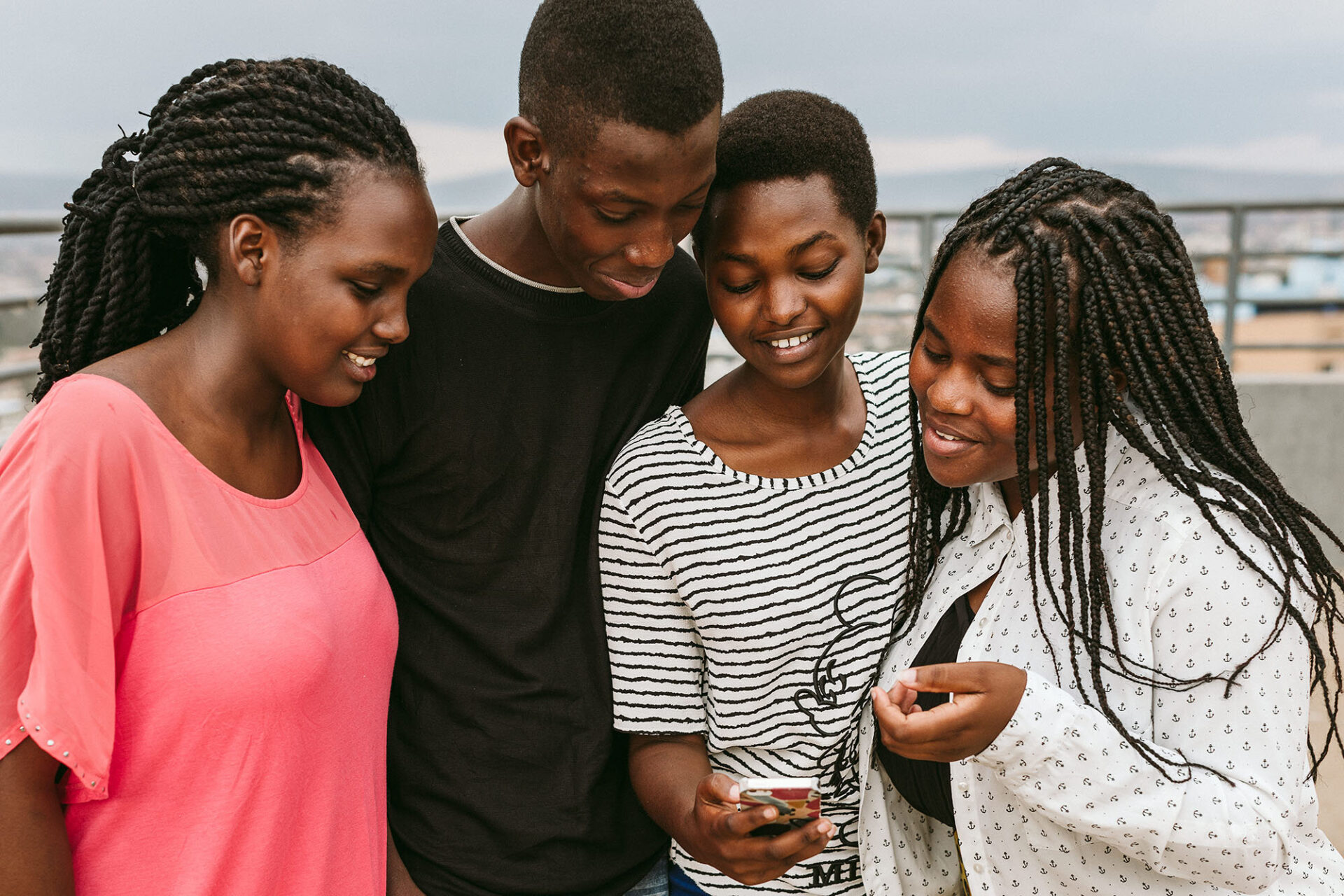A decade ago, the Kenyan government withdrew its TV advertisement promoting condom use after an outcry from religious leaders and citizens who believed the advert encouraged infidelity.
The Kenyan Anglican Church’s Bishop at the time, Julius Kalu, told the country’s Daily Nation newspaper that the advert on free-to-air TV stations had promoted extra-marital affairs and sex among school children.
Sheikh Mohammed Khalifa from Kenya’s Council of Imams and Preachers supported the bishop.
“The advertisement depicts this nation as Sodom and Gomorra and not one that values the institution of marriage and family,” Khalifa said.
Fast-forward to 2023, and speaking about sexuality and sexual relationships, especially to young people, is still taboo in many cultures. And even when sex education happens, it is clothed in euphemisms that, more often than not, leave the youth confused and searching for more answers.
As a result, adolescents seldom turn to their parents and guardians for sex education and instead look for other avenues. At the top of this list are the internet and peers, both of which provide inaccurate information and more often than not, they find themselves in unsafe spaces on the internet.
But according to Nzisa Kioko, a Kenyan design researcher at YLabs, a process called human-centred design is the way to approach sex education and sexuality to help adolescents understand their needs and wants.
Human-centred design is a creative problem-solving process based on the idea that good products, services, and programs are developed by deeply understanding the needs, constraints, and dreams of those using them.
“Adolescence is a critical window of opportunity to influence behaviour, growth, and development, yet young people are systematically excluded from the design of health and economic solutions meant for them,” she said.
Kioko has been involved in helping adolescents get accurate information about sexual and reproductive health knowledge. She helped develop two digital tools that close this gap in Africa, specifically in Kenya and Rwanda.
“We started here and worked together with youth to design solutions like CyberRwanda and AskDoki that put information into the hands of young people and help them make informed decisions about their health and journey,” she said.
CyberRwanda is a fun, interactive digital platform that equips Rwandan youth aged 12-19 with sexual and reproductive health knowledge, job skills, and streamlined access to quality products and services to support healthy and safe sexual relationships.
AskDoki, Kenyan sheng for ‘ask the doctor’, is a WhatsApp chatbot with natural language processing (NLP) and an AI-powered counsellor that delivers comprehensive sexuality education for adolescents, connects them with nearby youth-friendly service providers, and answers common sexual and reproductive health questions.
One thing that stands out about these two platforms is the language and format they are delivered in.
CyberRwanda features Stories, a webcomic series from the perspective of Rwandan youth; while AskDoki, which has over 5000 users, can process both sheng and Kiswahili.
“I feel it is more impactful to design solutions that affect the user directly. In both our platforms, the youth feel more empowered and in charge of their lives as they are part of the whole process,” said Kioko.
In addition to getting accurate information, part of the human design process also empowers the youth to achieve mental health wellness and overcome sexual trauma.
According to Elizabeth Akunyili, a certified sex therapist at Liza Consult Wellness, sexual trauma rewrites a person.
“Sexual trauma can always make you feel like a victim, especially if people make it look like your fault. Or you are in an environment where people don’t address trauma but instead address the victim. Instead of ‘someone raped you, it’s you were raped.’ This blames the survivor, like it was their fault, furthering the shame narrative,” she said.
“This leads to an emotional shutdown because you’ve not fully processed the personal shame, and now you must process communal shame. Shame from the family and community.”
Kioko agrees with this.
“Our pilot projects were in Homabay and Siaya, where the HIV prevalence is high. The youth felt it was better having HIV than getting pregnant to avoid ‘bringing shame’ to their families,” she said.
Kioko’s work involves continuous collaboration with the government as they are the links to health financing and robust health policies for adolescents and young people.
“We currently have MOUs with Ministries of Health and Youth in Rwanda. There are challenges regarding policies like adolescents accessing SRH products when they are under 18 – they must be with an adult,” Kioko said. “So it is still critical to involve government partners as they provide approvals for different projects like research or content on SRH that young people access.”
In Kenya, YLabs partnered with the Ministry of Health, which provided health practitioners and peer educators for the AskDoki project.
“Using human-centred design approaches, the collaboration with government has seen us engage more young people,” said Alex Mavuti, a youth site coordinator in Kenya.
The human-centred design is a powerful tool for creating solutions that meet the needs of youth and adolescents.
“We are the people to change this narrative. And I hope we can get to that level of openness where young people can access sexual education and resources without fear or stigma,” concluded Kioko.
bird story agency
A decade ago, Kenya's government withdrew a TV ad promoting condoms after religious leaders criticized it for encouraging infidelity. Bishop Julius Kalu and Sheikh Mohammed Khalifa condemned the ad for not respecting the institution of marriage.
As of 2023, discussions about sexuality remain taboo, leading adolescents to seek information from unreliable internet sources. Nzisa Kioko from YLabs advocates using human-centred design to improve sex education. This method involves understanding and addressing the specific needs of youth.
Kioko has helped develop two digital tools: CyberRwanda, an interactive platform for Rwandan youth, and AskDoki, an AI chat service for Kenyan adolescents. Both tools provide comprehensive sexual and reproductive health education in a youth-friendly format.
Kioko's approach also addresses mental health and sexual trauma, emphasizing the importance of empowering youth with accurate information and support. Collaboration with government health ministries is crucial for policy support and project implementation.
Human-centred design is seen as key to making sex education accessible without stigma, aiming for greater openness and support for young people. Kioko and her team continue to work toward this goal through their innovative educational tools.






